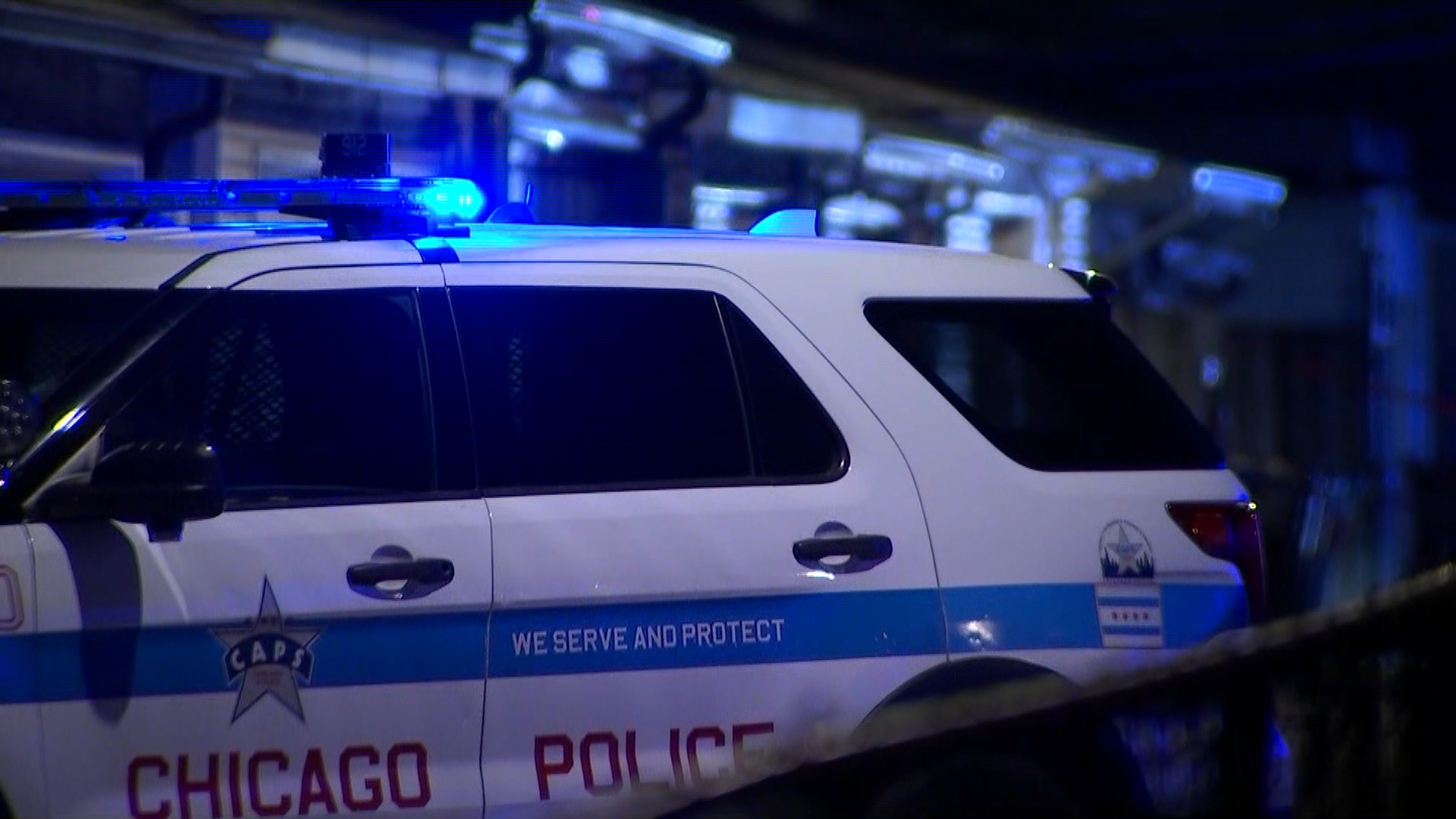While Democrats maintained the governor’s mansion and supermajorities in both chambers of the General Assembly this November, the “SAFE-T Act’s” status as a hot-button campaign and legal issue will in all likelihood lead lawmakers to consider making tweaks to the legislation.
One of the more controversial components of the bill, the move to end cash bail in the state, will go into effect on Jan. 1, and with dozens of state’s attorneys filing suit to try to block implementation of the legislation, lawmakers may be motivated to make some clarifications or adjustments when the veto session begins this week in Springfield.
Illinois Gov. J.B. Pritzker, who cruised to victory over Republican State Sen. Darren Bailey in the gubernatorial race, said last week that the bill could be one of the most important topics of conversation among lawmakers this week.
"There's a lot of work that's been done by the General Assembly over the last number of months and working groups," he told reporters Wednesday. "And so they're going to bring that to the veto session and I'll be watching carefully. I've made my thoughts clear. And we'll see if we can get something done during the veto session to address the changes that we ought to be making."
Feeling out of the loop? We'll catch you up on the Chicago news you need to know. Sign up for the weekly Chicago Catch-Up newsletter here.
The act, which will require judges to determine whether individuals accused of violent crimes and felonies pose a flight risk or a risk to the safety of the public when determining whether they should be incarcerated before trial, is set to go into effect Jan. 1, and has drawn fierce opposition from a variety of groups, and has even triggered lawsuits by multiple state’s attorneys.
During an interview with NBC 5 Political Reporter Mary Ann Ahern last month, Pritzker said he anticipated the General Assembly would debate tweaks to the bill when they convene for their veto session beginning on Tuesday.
A variety of tweaks have been proposed, including an amendment proposed by Sen. Scott Bennett that would seek to widen judicial authority to detain defendants they deem to be a risk to the public.
Local
Criminal justice groups have largely come out in opposition to that amendment, arguing that it would undermine the original intent of the bill, which was to reduce the number of individuals incarcerated prior to their trials.
Under the provisions of the bill, as passed by the General Assembly, the state will allow judges to determine whether individuals accused of a specific set of felonies and violent misdemeanors pose a risk to another individual, or to the community at large. Judges will also be asked to determine whether the defendant poses a flight risk if released.
If the judge makes any of those determinations, then the defendant may be held in jail prior to trial.
The list of so-called “forcible felonies” that could invite judicial discretion on pretrial detention include first and second-degree murder, predatory criminal sexual assault, robbery, burglary, residential burglary, aggravated arson, arson, kidnapping, aggravated battery resulting in great bodily harm, or any other felony that involves the use or threat of physical force or violence against an individual.
Detention hearings are not mandatory for crimes that include probation as a possible punishment, but judges can still make the determination to keep those defendants incarcerated pending trial if they determine they are a risk to the public.
Those charged with stalking, aggravated stalking, domestic battery and aggravated domestic battery would also potentially be subject to pretrial detention.
Republicans have largely blasted the measure, and some state’s attorneys on both sides of the aisle have challenged the legislation in court.
Some challenges, including one filed by Knox County State’s Attorney Jeremy Karlin, argue that since cash bail is included in the state’s constitution that a bill cannot eliminate the policy. He also argues that the statute is worded too vaguely, and that it could be interpreted in different manners in different counties.
Will County State’s Attorney James Glasgow, a Democrat, filed suit against the bill, arguing that it was rushed through the legislature in violation of laws that require a bill to remain in front of the body for at least three days.
The Illinois Supreme Court ruled on Oct. 31 that suits filed by 58 counties should be combined into one class-action suit, which will be put before the Circuit Court of Kankakee County on Dec. 7. Kankakee County State's Attorney Jim Rowe will serve as lead counsel, along with Will County State's Attorney Will Glasgow. Both prosecutors are Democrats, and both filed suit against the state Sept. 16.
The suit seeks a permanent injunction to prevent the no-bail provision from going into effect.



